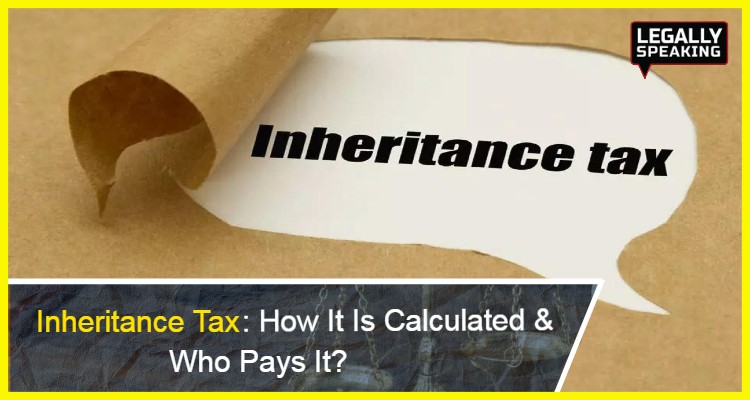
An inheritance tax is particularly a tax that is imposed by some states on the recipients of inherited assets.
This tax is paid by the recipient of a bequest rather than the estate of the deceased. Inheritance tax can be defined as the fiscal imposition that’s being calculated on the total value of a property which is held by a person at the time of his/her death.
The tax is supposed to be paid by the receiver of such property, after that it is passed on to them, depending on how the law is framed. The inheritance tax is usually either pass on according to the relationship or else dependent on the monetary value of property passed.
How Inheritance Taxes Are Calculated?
An inheritance tax, if due, is applied only to the portion of an inheritance that exceeds an exemption amount. However, above those thresholds, tax is usually assessed on the sliding basis.
Here are more exemptions for heirs, depending on how closely related they were to the deceased. Here are the details by the US states:
1- Iowa: Spouses, lineal ascendants, and lineal descendants are exempt, charities exempt up to $500. The tax rate on others ranges from 2% – 6% of inheritance. This state’s inheritance tax will be repealed in 2025.
2- Kentucky: Immediate family members are exempt, other recipients exempt up to $500 / $1,000. The tax is on a sliding scale based on the size of inheritance and includes a minimum amount, plus a % ranging from 4% – 16%.
3- Maryland: Immediate family and charities exempt, other recipients exempt up to $1,000 and the tax rate is 10%.
4- Nebraska: Spouses & charities fully exempt, immediate family exempt up to $100,000, starting in 2023. Other relatives are exempt up to $40,000 and unrelated heirs up to $25,000. However, Nebraska lowered its tax rates to 1%, 11%, & 15% in 2023.
5- New Jersey: Immediate family and charitable organizations exempt. Siblings, sons/daughters-in-law exempt up to $25,000. The tax rate ranges from 11% – 16%, depending on the size of inheritance and the familial relationship.
6- Pennsylvania: Spouse and minor children exempt. Adult children, grandparents, and parents are exempt up to $3,500. The tax rate is 4.5%, 12%, or 15%, depending on the relationship.
These calculations allude some of the particular ratios of the US states reflecting the complex economic, social, and ethical considerations involved in its implementation.




